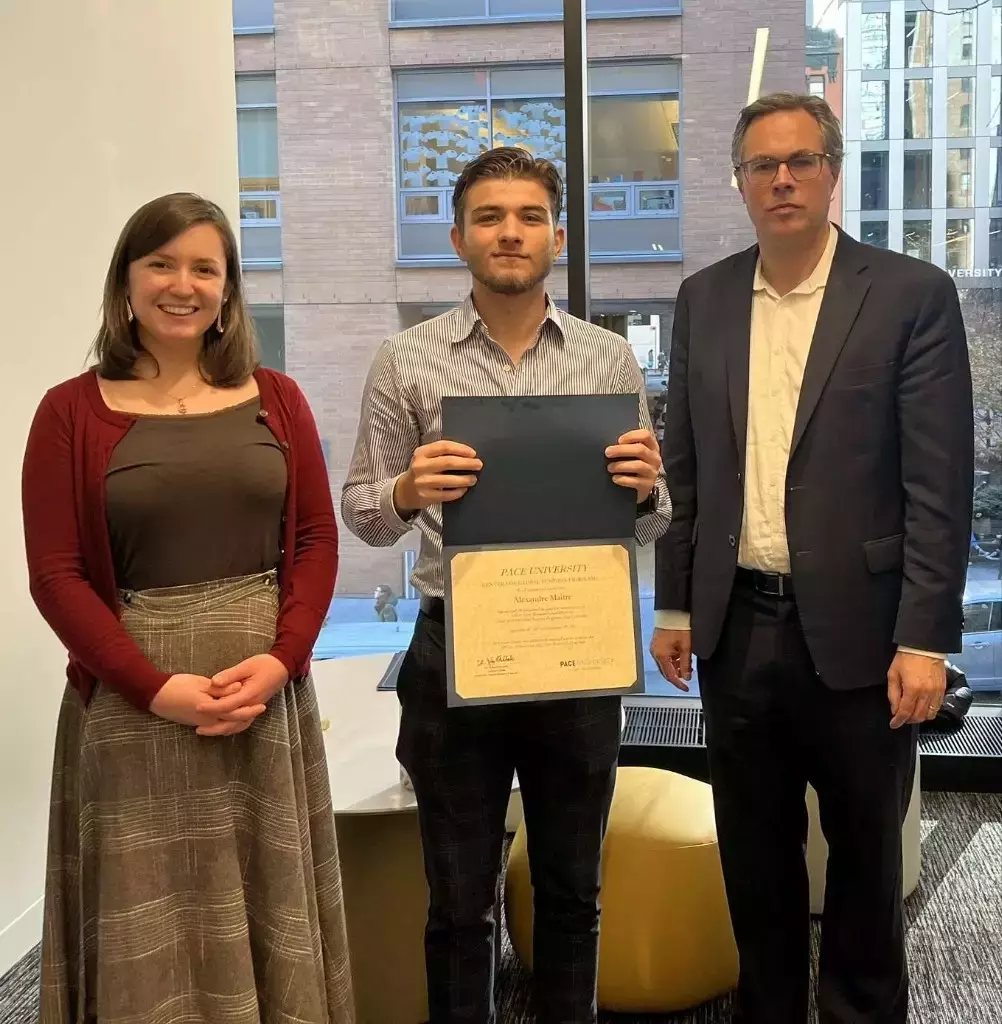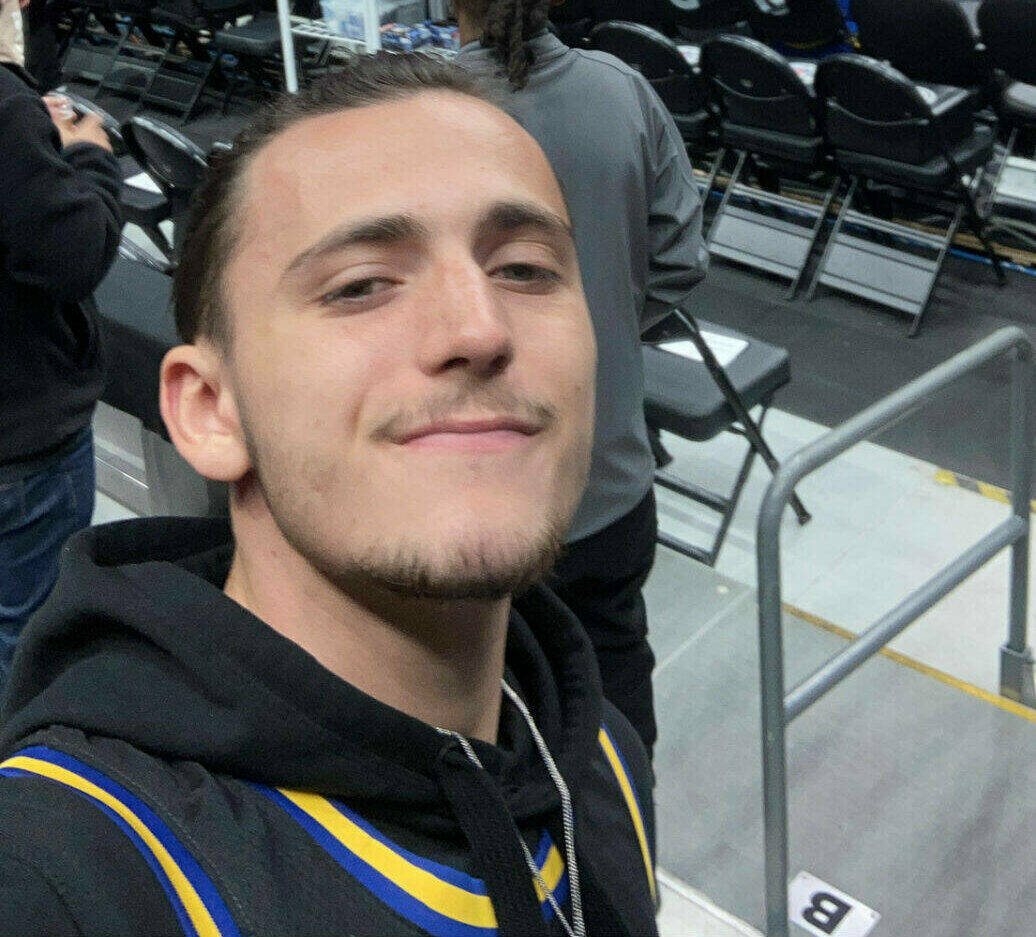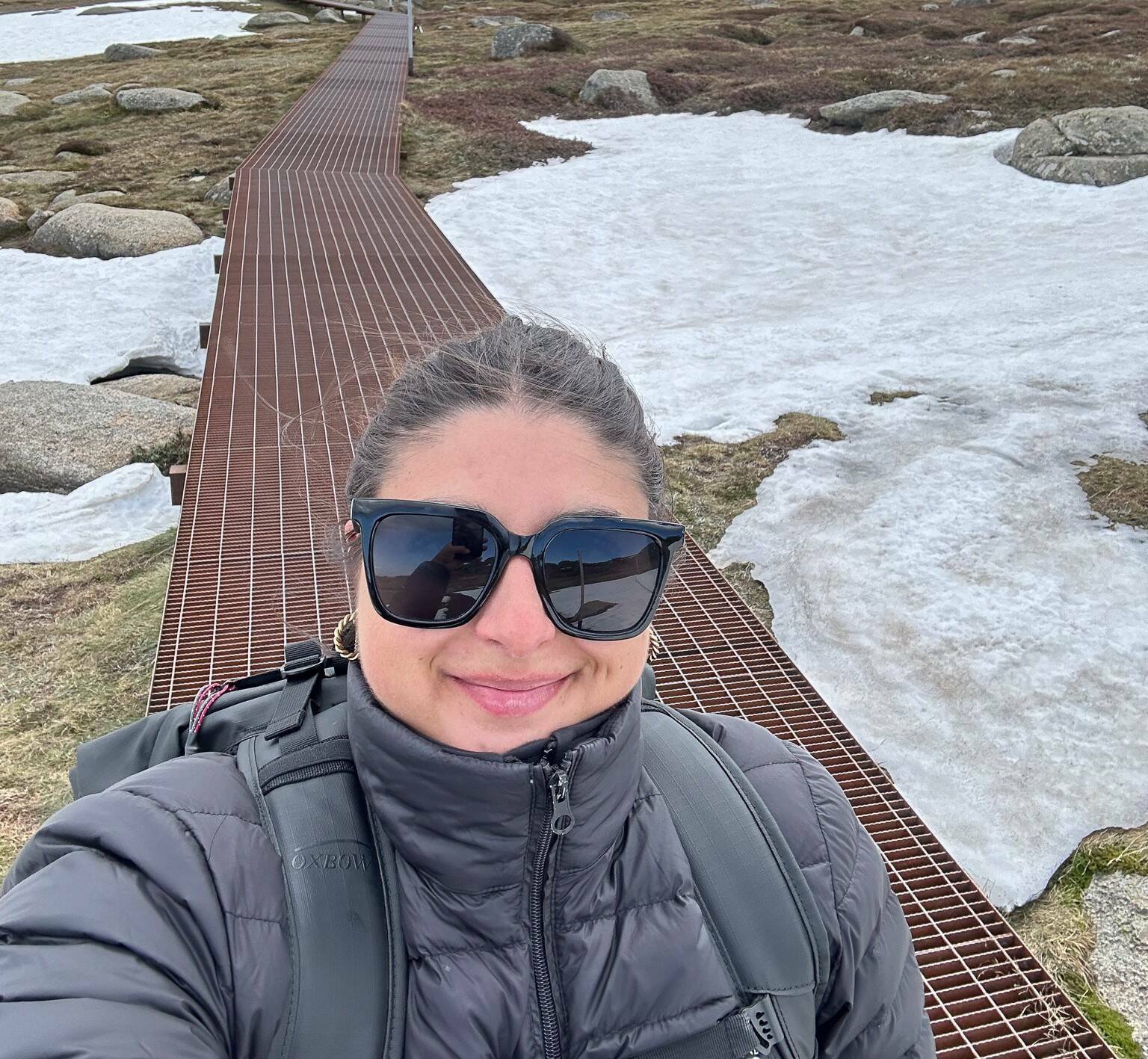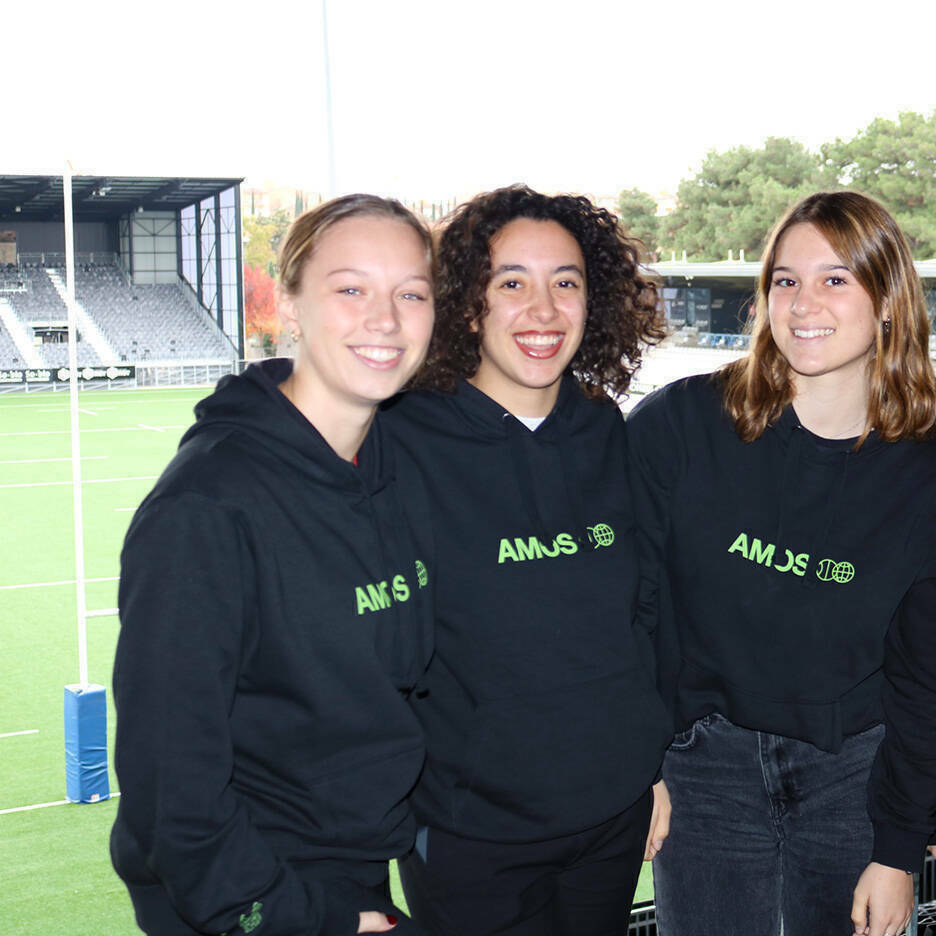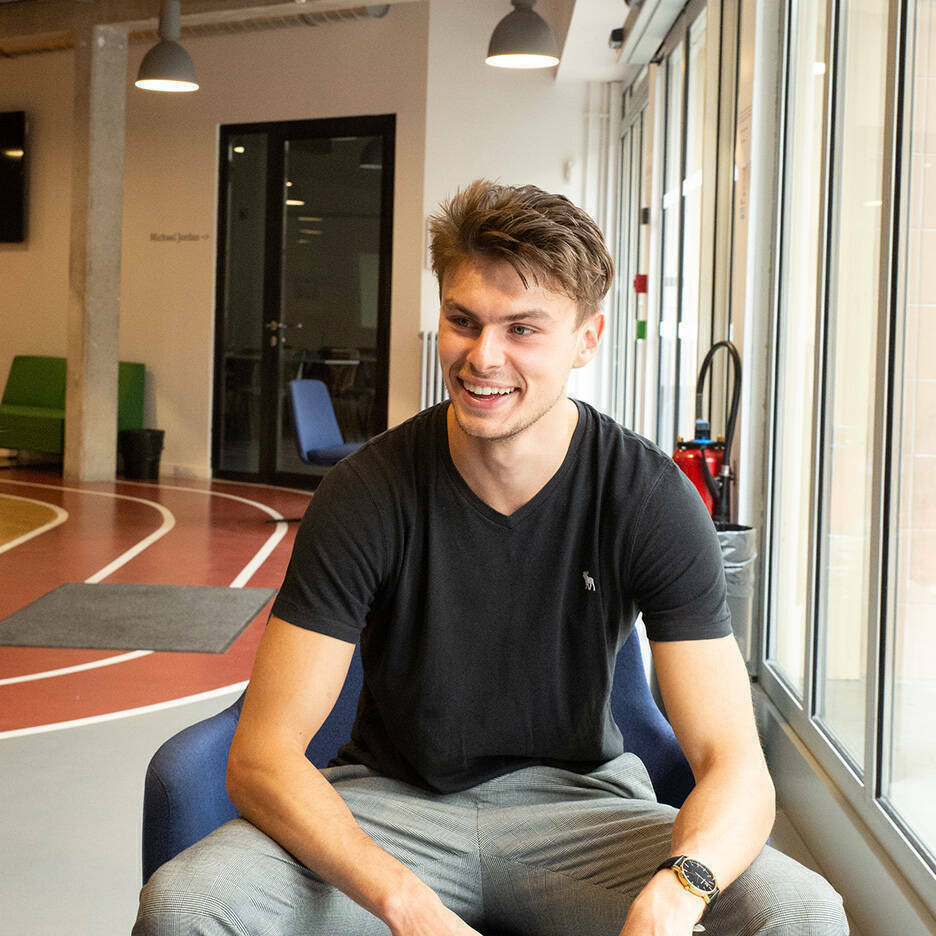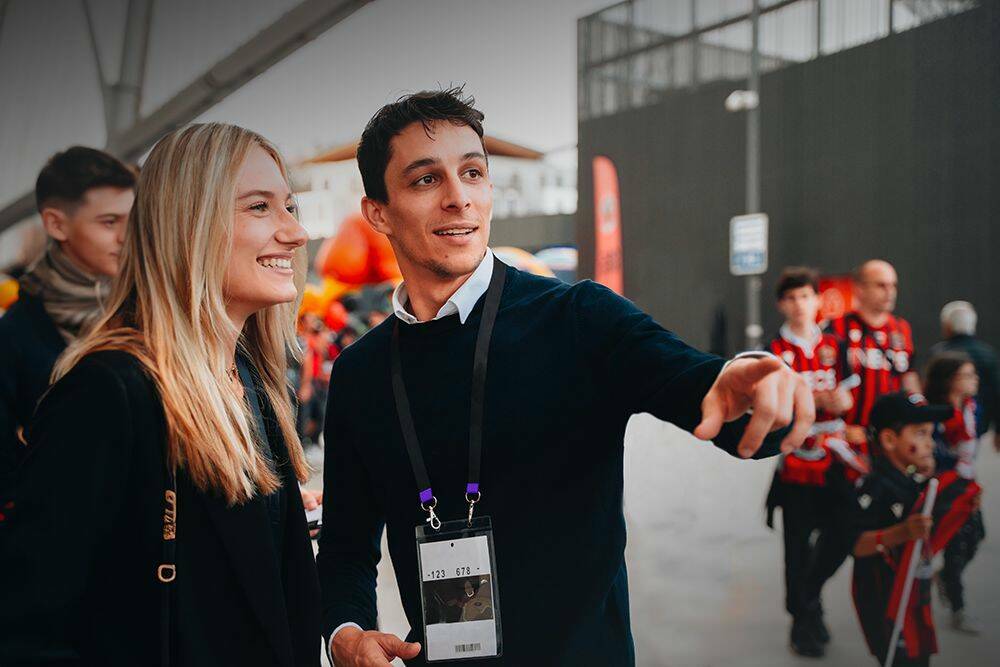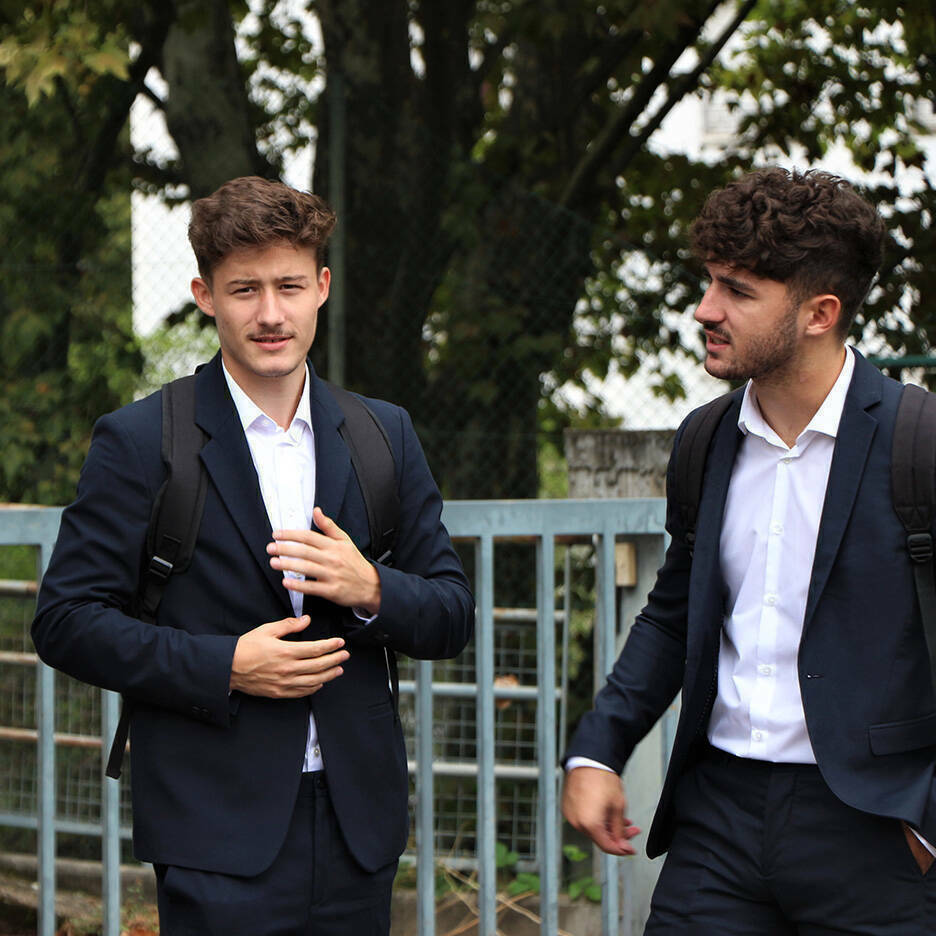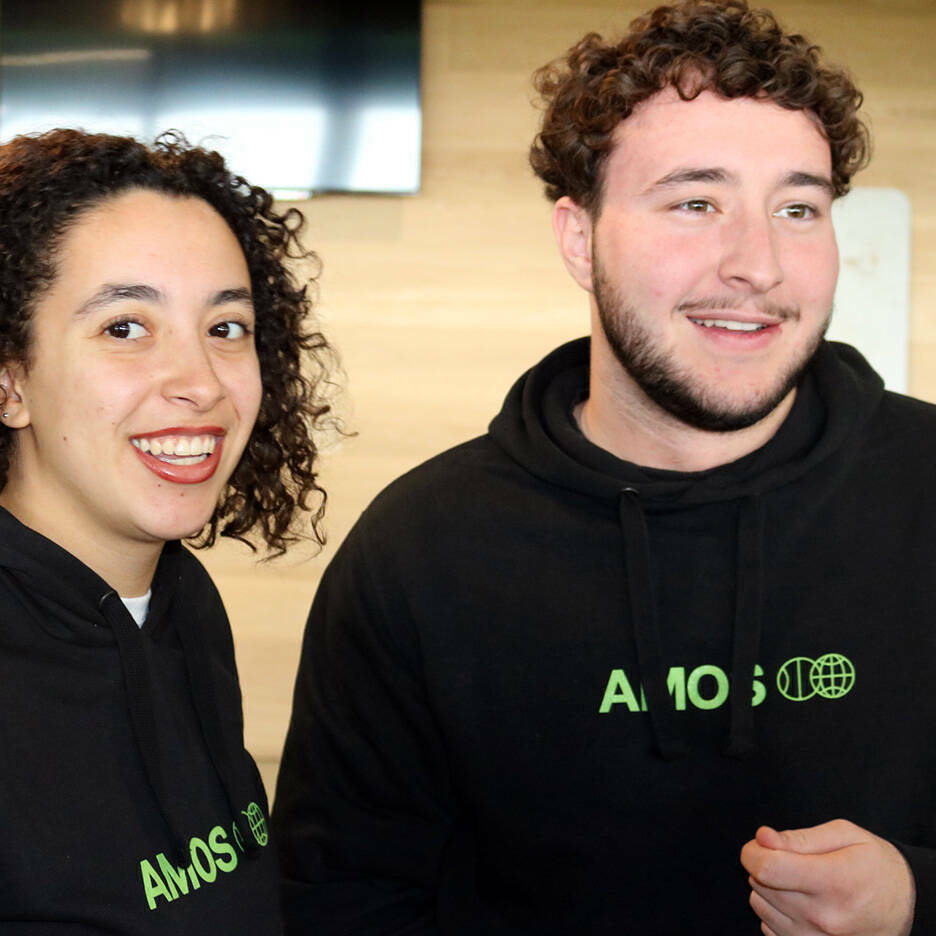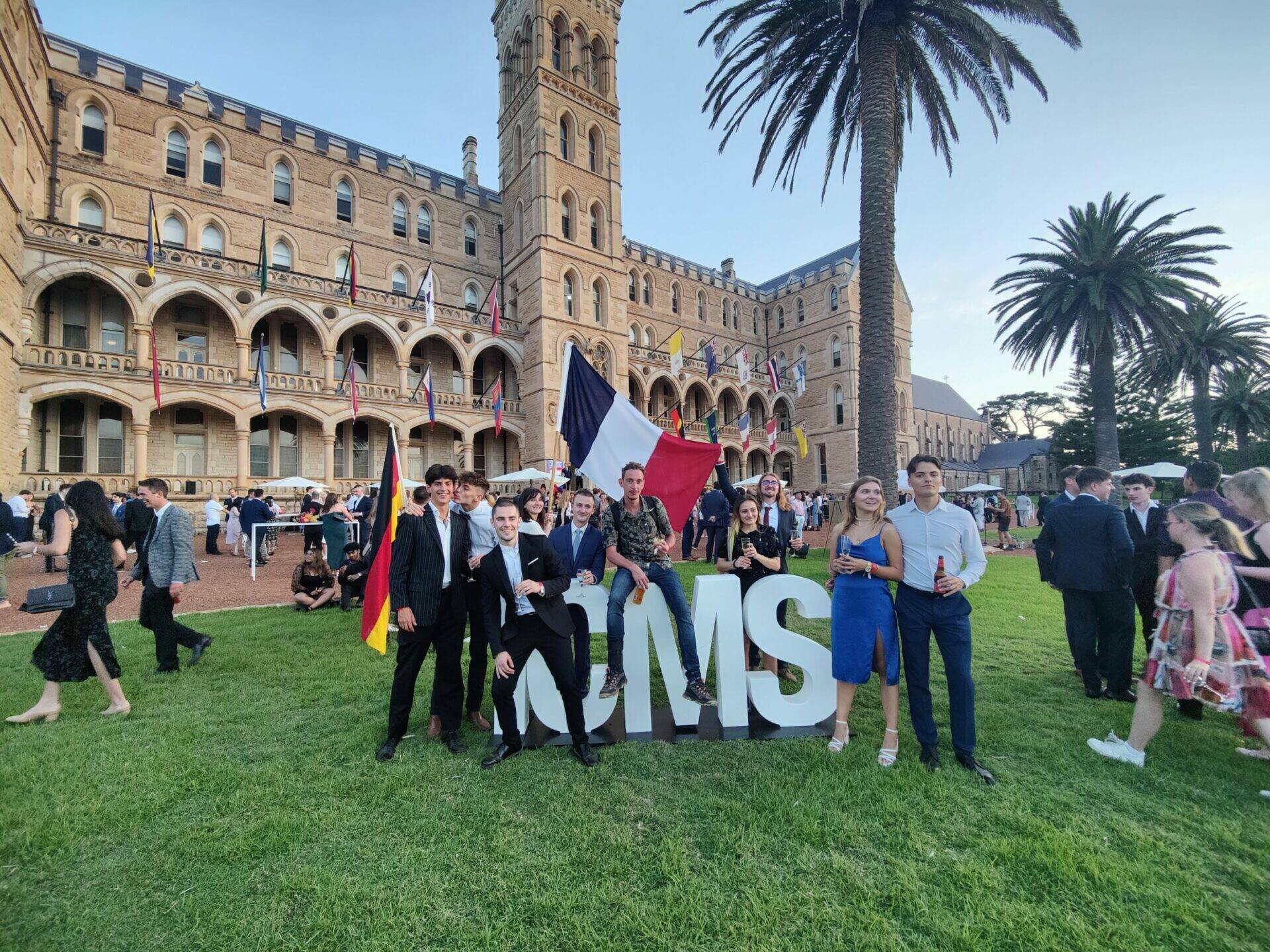Following the GSBM programme from ESBS
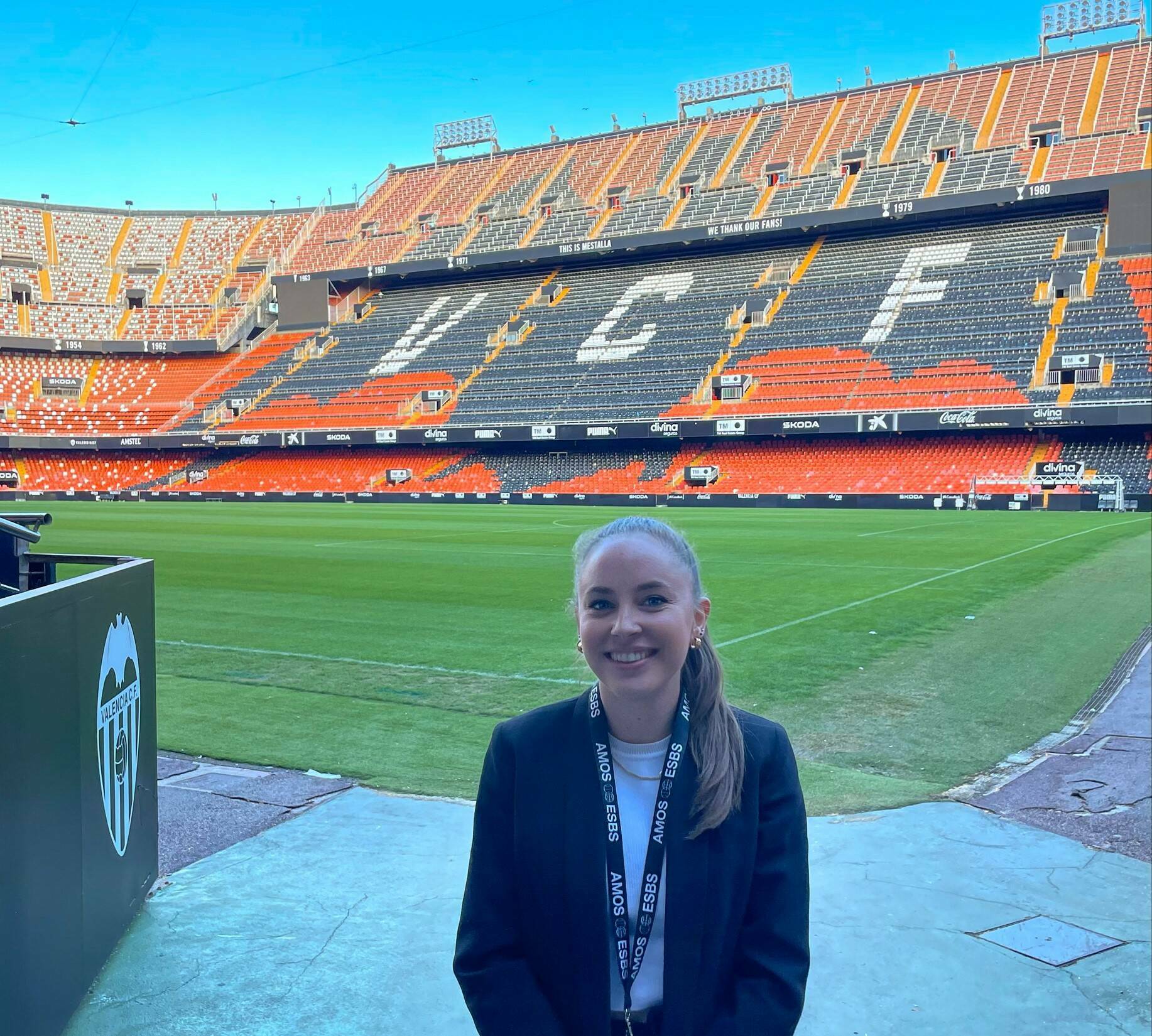
Chloé Grimon is a second year Global Sport Business Master student. After completing her first year on the London campus, she flew to Valencia to finish her studies.
What made you move to Spain?
“Ever since I started secondary school, I knew I had to come to Spain because I aim to work at a football club there. I did my final year of my Bachelor’s at ESBS in Valencia and I did a work placement there where it went well. I’m still working with them on a part-time basis.
Do you have a part-time job?
“Yes I do have a part-time job at a football players’ agency named Simbioze Football. I’m the Community Manager, in charge of the agency’s social networks and the ones of a football academy for young people in Valencia, London and soon Chicago. It allows me to mix English, Spanish and French daily.
Is this the sector you’d like to continue in?
“Yes, I’d like to continue working in marketing/communications in a football club for a few years and then take on a role in the management of a club.
What motivated you to return to ESBS?
In 3rd year, I wanted to go to a university in Barcelona, but because of COVID, it wasn’t possible. AMOS introduced us to the ESBS programme in Valencia, so I gave it a go and enjoyed the year. After doing the first year of my GSBM programme on the London campus, I had the opportunity to head back to Spain to carry on my studies while working for the same sports agency.
Valencia has been voted the best city in the world for foreigners to live in. There’s a huge amount of support and benefits for students. Everyone is friendly and open-minded; the weather is great and there are many things to do.
What are the differences between the bachelor’s and the master’s degrees?
What’s different from the third year is that the class is made up entirely of internationals. In terms of courses, we have classes at the Valencia FC stadium almost every week and a fair number of other courses in other locations. A lot of the instructors work at Valencia FC.
Are you the only French girl in your class?
No, there’s another French girl who was with me in 3rd year. Otherwise, it’s all internationals from 17 different countries and we speak Spanish to each other. The atmosphere is very good, and we spend a lot of time together outside the classroom.
Is it easy to find a job in Spain?
It’s not easy either, especially if you’re a foreigner. But a word of advice: apply for an NIE in France before you leave, which will make it easier to work here. In my class, there’s another person who also has a job alongside the lessons, but it’s still a complicated organisation to set up between lessons, work and activities, especially if you do a lot of sport.
Do you plan to continue doing a work placement with the same company?
I don’t think so. But the contacts I’ve made while working there could help me find a work placement at a football club.
What are your plans once you’ve finished your Masters?
Marketing is quite broad, but what I really like is the human contact and innovation. I like getting out of the office and meeting people.
Do you have any advice for other students?
“If you can go abroad, you should do it. It’s a good experience to discover a new country on your own. You get to meet new people, experience a new culture and develop your open-mindedness and independence. I knew I wanted a career in Spain, and coming here confirmed what I wanted to do, and I don’t regret it.
Les autres articles
Retrouvez les autres Actualités Sport Business des campus AMOS
Découvrez nos formations
Un diplôme de niveau bac+5 est courant pour ce type de métier. Un bachelor associé à un master ou un Programme en 5 ans permet de développer des compétences diverses. En effet, en plus d’élargir ses connaissances sur le marché du sport, les étudiants se spécialisent dans le management, la communication et le marketing du sport.



